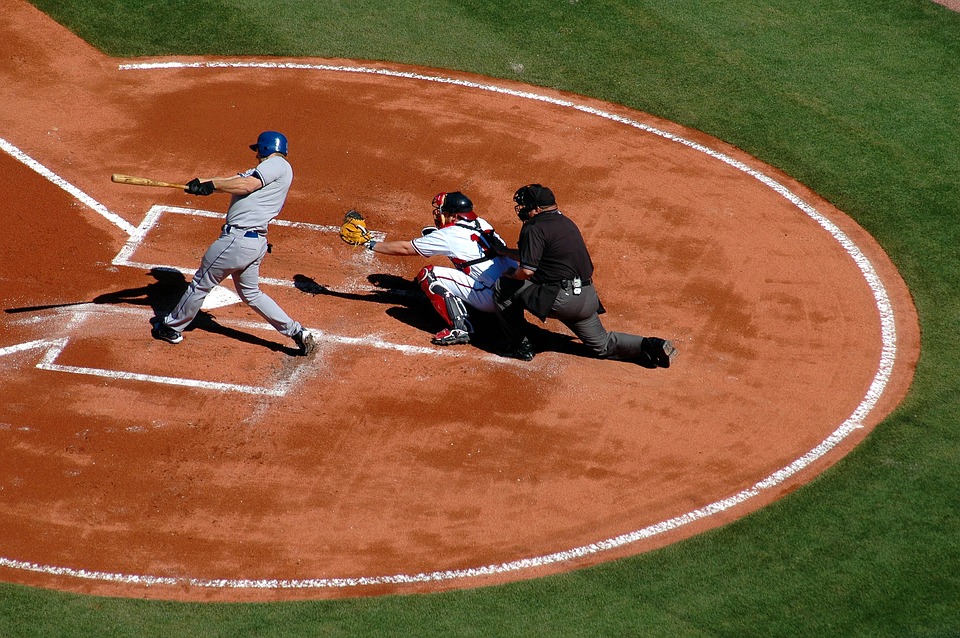Major League Baseball is getting more and more technologically advanced. It recently adopted a framework that could be used to monitor and unlock a trove of player performance data.
Analytical companies have applauded this step by MLB, which would ensure that the league and the players association capture important metrics. Besides, it will widen the priorities in injury prevention on and off the field.
The wearable techs big win came when MLB established a more liberal policy for the in-game collection of the players’ biometric data such as heart rates. But this has not been the case with NHL, NFL, and NBA where there have been concerns about their players’ privacy. Wearables have since been restricted mainly in sharing data captured during games by the leagues.
MLB has approved the use of several analytical firms’ products, including Blast Motion, Diamond Kinetics, and Zepp Labs. These companies make an assortment of bat sensors and swing trackers used during workouts and practice. On the other hand, Motus Global, who makes a compression sleeve with a sensor and Zephyr Technology, boasts that wearable bio-harnesses are entering their second season with MLB for on-field use.
Catapult, who constructs armbands, is coming in after serving basketball and football leagues with its analytical system that generates 150+ megabytes of physical data daily.
No matter how different the baseball wearable devices could seem, they are all aimed at measuring and collecting swing, biometric and throwing data, identifying ways to improve player’s performance and in highlighting possible risks before the commencement of games.
The biggest mystery is how the teams will use the information.
In defense of their technologies, these companies have argued that the data will go a long way for prevention purposes by providing answers to reverse the upsurge of surgeries among pitchers.
In the wake of wearable technologies, MLB and the union has agreed to the ground rules concerning the use of biometric data. Including use of data before and after the games, voluntary player participation, same access to data the for individual and the team, companies do not own rights to the data, and commercial use of the data only upon approval from the parties involved. It will help to safeguard the teams and players preventing the emergence of some concerns such as the ones seen in the NBA.
The wearable companies have created data safeguards and options that will ensure the parties involved customize information to be captured, generated and shared.
MLB teams and players have fully supported the tech wearables by using their products to check for player-related issues, therefore the MLB approved the four analytical companies.
Get the full story here.
 (979) 730-0888
(979) 730-0888
